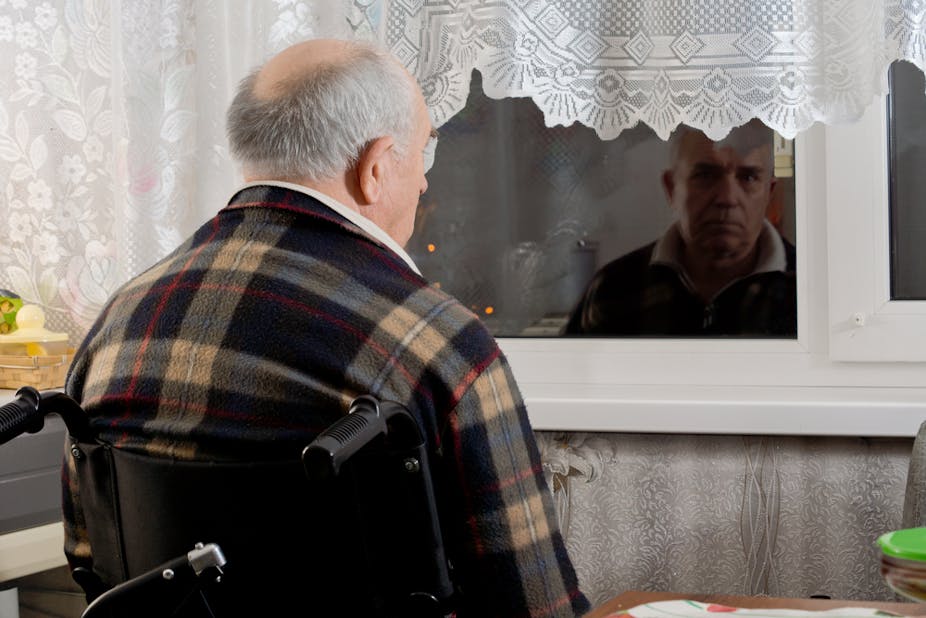The federal parliament has established a far-reaching inquiry into affordable housing. The terms of reference make only two specific references to issues affecting older people, but it is essential that their concerns not be sidelined.
The terms of reference require the Senate Economic Reference Committee to consider the contribution of home ownership to retirement incomes and the impact changes could make inter alia to aged care. While issues involving older people will, no doubt, be discussed under some of the more general terms of reference, seniors are often overlooked in discussions of housing affordability.
This may be because there is a perception that they have bought, and paid off, their homes. However, housing availability and affordability present significant difficulties for many older people.
Any shortcomings in policy settings that affect housing affordability are likely to create greater stress and anxiety among seniors than other age groups.
Seniors are at a stage in their lives when tenure is especially important. They place a high value on their home environment, as they are less likely to be in full-time employment. Consequently, they are likely to spend more time in their homes, and in their immediate neighbourhoods, than at any other period in their lives.
A variety of issues associated with ageing may limit accommodation choices. There may not be as much flexibility in the options available to seniors as to younger persons due to physical limitations and the rising cost of accommodation.

Many housing affordability issues potentially have an impact on older people. While far from being an exhaustive list, this article makes five key points.
Acknowledge that housing affordability is an issue for older people, too
Discussions about this issue focus predominantly on first-home buyers and rising rental costs in urban centres.
Contrary to popular belief, many older people are not home owners or choose (or can afford) to live in retirement villages. Thousands are subject to the vagaries of rental increases, waiting lists and transient accommodation. At the same time, they must deal with age-related issues such as lower incomes, declining health and mobility, or the loss of a partner.
Housing affordability may require relocation from familiar environments, transport routes and health services
Relocation to outer suburbs or to rural or regional locations can disconnect older people from established social networks that provide companionship and support. In the absence of such relationships, care requirements may become the responsibility of agencies or government.
Access to essential services such as hospitals and medical specialists may be problematic especially if public transport is unavailable or limited. This goes beyond mere inconvenience: the impact of a change of residence heightens the risk of a decline in health in both the short and longer term.
Housing affordability assumes accommodation is available in the first place
Many older people become homeless for the first time due to factors such as a lack of superannuation, family breakdown or rising rent. This is particularly the case with older women. Their difficulties are exacerbated because accommodation on the fringes of homelessness, such as boarding houses, predominantly caters for men.
Availability is an issue too for residents of manufactured home parks who find the land on which their homes are located has been sold for development. Finding an alternative location is often difficult. Moving the homes (if possible) is expensive and relocation disruptive.
Be mindful of policies that have a disproportionate impact on housing affordability for older people
Policies may have unforeseen consequences. For example, a high proportion of older people live in manufactured home parks. A recent proposal that people living in mobile homes should pay GST on long-term sites would have direct impacts on this often vulnerable, low-income group.
Many older home owners are asset rich and cash poor. They lack the resources to maintain their homes and the cost of upkeep may necessitate sacrificing necessities.
Yet any temptation to downsize is discouraged by the impact of stamp duty, a potential decrease in Centrelink benefits and a lack of age-appropriate housing stock. Government measures to encourage downsizing were tempered because, to take advantage of the concessions, home owners had to have been in residence at least 25 years.
Similarly, recent deliberations in the Productivity Commission suggest using the equity in older people’s homes to fund aged care. If implemented, this may lead older people (or their families) to try to avoid this impost, thus undermining the older person’s longer-term security.
Embrace different ownership and financing models
Many older people prefer to live in their “own” home if finances permit. To this end, innovative types of ownership should be explored, such as shared equity arrangements, co-operatives and seniors clusters.
Financing of these alternative models – or of housing for older people generally - is also ripe for innovation. Options include: encourage superannuation funds to invest in seniors housing; enhance the role for socially responsible investment; and offer tax concessions for those who invest in housing for older people.
The inquiry will report by June 26, 2014. It is hoped that it will focus on the special needs of older people as part of a comprehensive, long-term, national approach to housing affordability.

